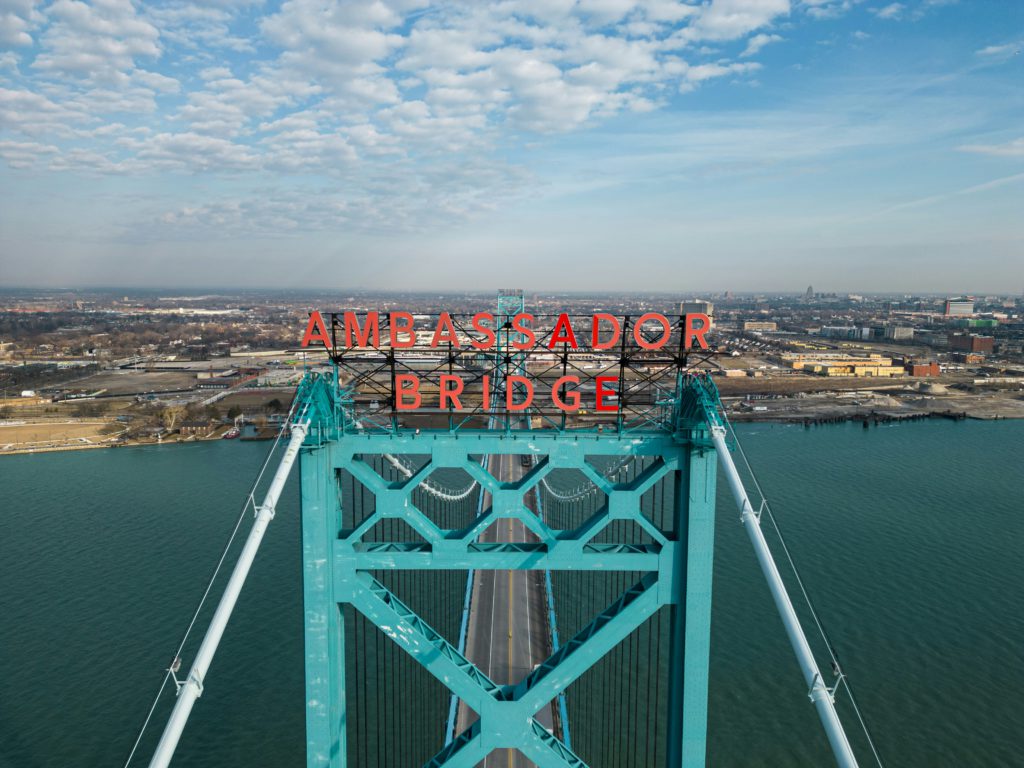In the ever-evolving landscape of real estate, choosing the right city to invest in can be a game-changer. Whether you’re a seasoned investor or a newcomer to the market, it’s crucial to identify cities with strong growth potential and economic stability. In this article, we delve into some of the most promising Canadian cities to invest in. Let’s explore why these urban hubs are becoming hotspots for savvy investors.
1. Calgary

Livability: Calgary emerges as a highly desirable city for living and working, ranking as the #1 most livable city in North America and the world’s third most livable city, according to the EIU. The city anticipates substantial population growth, with Alberta leading in this aspect by an expected 48% increase over the next two decades.
Strong Economy: Calgary’s economy is ranked as the fourth-largest in Canada, and is set to lead the nation in economic growth in 2023 and 2024. The city has had significant infrastructure investments, including the expansion of its international airport and public transit system. The tax benefits in Calgary are also attractive, such as no rent control, foreign buyer tax, land transfer tax, provincial sales tax, or development charges.
Affordability: One of the things that makes Calgary a prime investment location is its lower acquisition costs compared to major Canadian cities like Vancouver and Toronto. This affordability factor not only widens the entry point for investors but also leaves more room for higher investment returns without the high upfront costs seen in other markets.
2. Edmonton

Attractions: Edmonton, Alberta’s capital and the fifth-largest city in Canada, has a unique blend of attractions, including the renowned West Edmonton Mall and North America’s largest stretch of urban parkland. Beyond its natural beauty, Edmonton is an industrious hub with Port Alberta serving as an inland port for air, rail, pipelines, and roadways within a Foreign Trade Zone.
Labour Market: Edmonton’s low operating costs and Alberta’s lowest combined corporate tax rate in Canada, have attracted major tech companies like Apple, Microsoft, IBM, and Amazon. Edmonton’s job market ranks impressively, securing the 4th spot in BMO’s Regional Labour Market Report Card. The province’s focus on employment growth is evident in innovative programs, leading to Alberta’s highest employment growth in the country in 2022. Additionally, the province maintains the highest median after-tax income in Canada.
Population Growth: With a growing population and the federal government’s 2025 immigration plan, the demand for housing is anticipated to rise significantly, making residential properties essential. Edmonton’s multifamily market exhibits positive trends, evident in numerous land sales even amid the pandemic, positioning the city as a desirable and economically robust place to invest.
3. Windsor

Affordability: Windsor offers significantly lower property costs compared to cities like Toronto and Vancouver. According to the The Canadian Real Estate Association (CREA) the median single home price in Windsor sits as $517,401 in 2023, well below the national average. The residential property market in Windsor has consistently grown in recent years, making it an enticing prospect for real estate investors looking to capitalize on a flourishing market and generate high returns.
Rental Income: Windsor has some of the highest rental returns in the country sitting at approximately 6%. This exceeds returns in several other Canadian cities such as Toronto or Vancouver, indicating the potential for investors to generate substantial rental revenue and establish a consistent source of passive income from their properties.
Location: Windsor and Detroit, linked by the Ambassador Bridge, Detroit-Windsor Tunnel, Canadian Pacific Railway Tunnel, and Detroit-Windsor Truck Ferry, form a crucial international connection. With a proposed second bridge in progress, this transportation network creates seamless travel between the two cities. Windsor benefits from easy access to both Highway 401 and I-75, offering convenient transportation to major markets in Canada and the United States. The Windsor International Airport is a quick gateway for domestic, business, and global travel, while the nearby Detroit Metropolitan Wayne County Airport, less than an hour away, further improves that connectivity by providing vital links to international markets.
4. Pickering

Growth: Strategically positioned in the east side of the Greater Toronto Area, Pickering is positioned for substantial growth, with its population expected to increase to 190,000 by 2031, accompanied by a projected job increase of 35,000. This expansion is set to drive demand across various sectors, including housing, retail, and infrastructure. Noteworthy developments such as the $1.5 billion Durham Live and the Pickering City Centre project are a sign of major growth prospects.
Affordability: Research suggests that investing in Pickering’s real estate market can yield higher returns than in Toronto, with condo values experiencing a remarkable 40% increase in a single year, compared to Toronto’s 10%. Additionally, Pickering’s housing market offers relative affordability compared to Toronto, presenting an opportunity for investors to benefit from potential price growth.
Market Growth: Pickering’s real estate market has demonstrated impressive property value appreciation, with a strong annual growth rate as of 2023. The average house price has increased by approximately 8% from the previous year, maintaining a consistent growth pattern over the past five years. In addition to appreciating property values, Pickering’s rental market presents a promising opportunity for investors. The city’s growing population has contributed to a more lucrative rental market, with the average monthly rent for a one-bedroom apartment reaching CAD 1,700 in 2023, reflecting a 5% increase from the previous year. This steady demand in the rental sector offers property investors a source of stable cash flow.
5. Kitchener-Waterloo

Growing Tech Hub: Kitchener-Waterloo, often referred to as the “Silicon Valley of the North,” is a tech powerhouse, home to major players like Google, Shopify, D2L, Applyboard, Vidyard, and Communitech. According to a Deloitte report, 22% of Canada’s fastest-growing tech companies are based in Kitchener-Waterloo. With the second-highest employment rate in the country, the Kitchener-Waterloo region also has one of Canada’s strongest labor markets, driven by high demand for employment in key sectors such as information technologies, automotive, and food processing.
Population Growth: Home to 575,847 people, Kitchener-Waterloo has witnessed a substantial population growth of 10.1% from 2016 to 2021, ranking as the third-fastest growing census metropolitan area (CMA) in Canada. Projections indicate that this growth trend will continue at a remarkable rate, reaching a total increase of 46% by 2046.
Demand & Affordability: The Kitchener-Waterloo housing market has experienced annual appreciation rates exceeding 10% since 2017. The demand for more spacious and affordable homes, driven by increased remote work and a desire to move away from Toronto, has heightened in the region. Notably, the market’s strength is underscored by a remarkable 5-year historical annual property appreciation rate of 14.6%. The value of an average single-family home went from $403,300 in January 2017 to $924,900 in 2022.
Conclusion
Choosing the right city for real estate investment requires a careful analysis of economic indicators, market trends, and growth potential. All the cities mentioned above present unique opportunities for investors seeking diversification, stability, and long-term growth.

